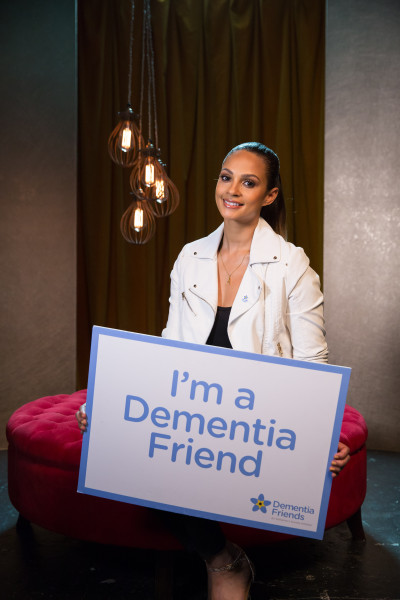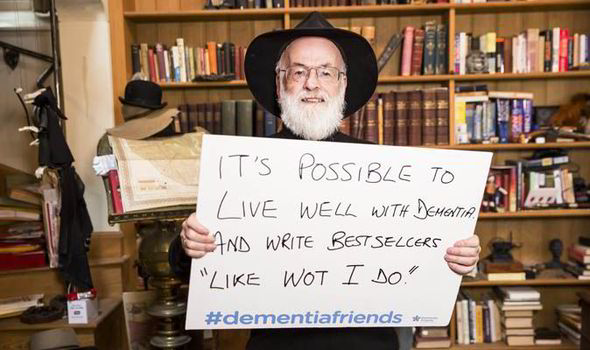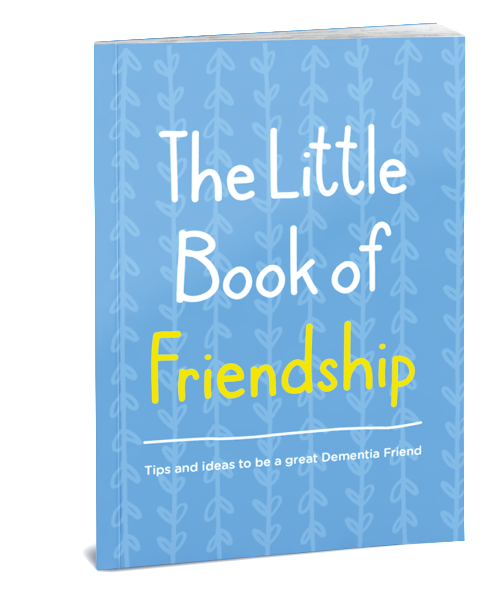Understanding Dementia and Becoming #BritMumsDementiaFriends
I must confess, until recently, I didn’t know much about Dementia. I actually haven’t thought much about the subject until hubby asked me what dementia was a few weeks ago.
Although I don’t know anyone in our family that has dementia, it affects a large number of people in the UK, around 850,000 live with dementia. As it is a common condition, I believe it is important to learn more about it and ways of helping those that might need.

What is Demetia?
Dementia is a term used to refer to the symptoms caused when the brain is damaged by diseases, such as Alzheimer’s disease or a series of strokes. Sometimes it could be tricky to explain dementia to children and young people. Luckily there is a range of resources available at http://www.alzheimers.org.uk/youngpeople, which can be used at home and school to help them understand more about the condition and create a dementia-friendly generation.
Dementia is progressive and the symptoms, which may include memory loss, difficulties with thinking, problem-solving or language, worsen over time as the brain’s chemistry and structure get more damaged. As a result, the ability to remember, reason, communicate and understand gradually decreases over time.

Living with Dementia
Although living with dementia is challenging, it doesn’t change who you are as a person and you can lead an active, independent and healthy lifestyle. It shouldn’t stop you from doing what you enjoy. It is advised that those diagnosed with dementia should keep busy with activities they enjoy, which will help to keep them confident and motivated.
Sir Terry Pratchett, a Dementia Friends Campaigner Ambassador, helped to raise awareness of the condition and proved that, although dementia affected his vision and coordination, he could lead a normal life, writing bestselling novels and travelling the world.
In case dementia causes memory loss, those affected could try keeping a notebook or diary to keep track of names and to-do lists, and put labels on cupboards or doors if they tend to forget where things are. You could also help preventing falls by removing any trip hazards, having hand rails fitted to bathrooms and plug timers to turn them off automatically.

Dementia Friends
By learning more about dementia and how it affects those involved, we can raise more awareness of the condition and make our community more friendly for those diagnosed with dementia.
As dementia affects so many people, Public Health England and Alzheimer’s Society launched Dementia Friends campaign to change the way we think, talk and act about it. I am a Dementia Friend, and like me, you could also learn more about the condition and the challenges faced by those with dementia.
It is free and easy to sign up, you simply need to watch the short informative video on Dementia Friends website and fill in a form at the end of the video. By entering your details, you will be sent a free pack, including a Little Book of Friendship, with tips and ideas to become a great Dementia Friend, and a Dementia Friends badge.
There are other ways to help, you could attend a face-to-face session in your local area or volunteer as a Dementia Friends Champions.
Do you know anyone with dementia?
I’m working with BritMums and Public Health England alongside the #BritMumsDementiaFriends campaign. I have been compensated for my time. All editorial and opinions are my own. Visit the Dementia Friends site http://bit.ly/1wglQD4 for more information and resources about coping with dementia among family and friends.
